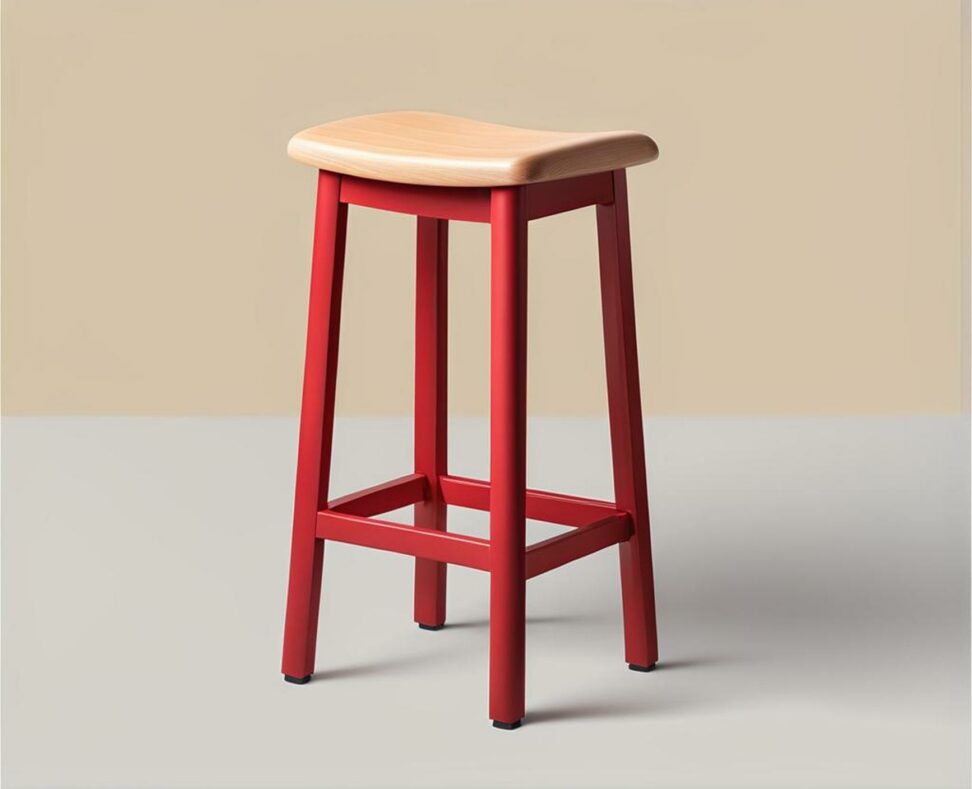Occasional Constipation? A Stool Softener is a Milder Option Than a Laxative
Dealing with constipation can be uncomfortable and frustrating. When it's an occasional issue, you may wonder whether a gentle stool softener or a stronger laxative is the best solution. Understanding the difference between these two types of medications can ensure you find the right relief.
What is Constipation?
Constipation refers to infrequent, difficult, or incomplete bowel movements. Specific symptoms include:

- Hard, dry stool that is painful or difficult to pass
- Straining excessively during bowel movements
- Sensation of blockage in the rectum
- Fewer than three bowel movements per week
- Abdominal pain and bloating
Occasional constipation can occur due to lifestyle factors like:
- Not drinking enough fluids
- Eating a diet low in fiber
- Traveling or changes in routine
- Side effects of certain medications
- Ignoring urges or delaying bowel movements
When constipation occurs infrequently, a stool softener may provide enough relief to get your bowels moving again comfortably.
Stool Softeners for Mild Relief
How Stool Softeners Work
Stool softeners are a type of laxative that works by absorbing water into the stool from the gastrointestinal tract. This makes the stool softer and easier to pass during a bowel movement.
Unlike stimulant laxatives, stool softeners don't accelerate intestinal transit or trigger contractions. They solely help loosen stool consistency.
When to Use Stool Softeners
Stool softeners are generally recommended for occasional constipation. They provide gentle relief without strong side effects. Common situations when stool softeners are helpful include:
- Constipation during pregnancy or after childbirth
- Hard stool and straining after hemorrhoid surgery
- Softening stool following abdominal or pelvic surgery
- Easing painful bowel movements with hemorrhoids
With only mild effects, stool softeners are safer for extended or frequent use compared to harsher laxatives. They can be taken daily for several weeks if needed.
Types of Stool Softeners
The most common active ingredients in over-the-counter stool softeners are:
- Docusate sodium - Draws water into the stool by acting as a surfactant
- Docusate calcium - Works as a soap to soften hard, dry stool
- Docusate potassium - Loosens stool by allowing water and fats to penetrate it
Popular brand names for stool softener products include Colace, Surfak, and DSS. Most are available as pills, soft gels, or liquids.
Laxatives for Severe Constipation
How Laxatives Work
Laxatives aim to stimulate bowel movements through different mechanisms of action:
- Stimulant laxatives - Act on nerves in the intestinal lining to increase muscle contractions and bowel motility
- Osmotic laxatives - Draw water into the colon from surrounding body tissues to soften stool
- Bulk-forming laxatives - Absorb liquid to form a bulky, gel-like stool that's easier to pass
- Lubricant laxatives - Coat surfaces of stool and intestines allowing waste to slide through more easily
When to Use Laxatives
Laxatives provide stronger relief than stool softeners, so they are indicated for severe or chronic constipation. Laxatives help stimulate bowel movements when:
- Stool softeners fail to alleviate severe symptoms
- Constipation persists longer than 2 weeks
- Bowel obstruction or fecal impaction is suspected
- Quick relief is needed from painful symptoms
However, laxatives should be used sparingly and not for extended periods due to the potential for side effects.
Types of Laxatives
Some common over-the-counter laxative options include:
- Bisacodyl - Stimulant laxative pill or suppository
- Senna - Stimulant laxative derived from a plant
- Polyethylene glycol (PEG) - Osmotic laxative powder sold as Miralax
- Lactulose - Osmotic laxative syrup that draws water into the colon
- Psyllium husk - Bulk-forming laxative providing soluble fiber
- Magnesium hydroxide - Osmotic laxative found in milk of magnesia
- Mineral oil - Lubricant laxative taken orally or via enema
Lifestyle Changes for Constipation Relief
Before turning to laxatives or stool softeners, try making diet and lifestyle adjustments. Natural ways to treat mild constipation include:
- Drink plenty of water and hydrating fluids like fruit juice
- Eat more high-fiber foods like fruits, vegetables, beans, and whole grains
- Incorporate probiotics into your diet through yogurt, kefir, or supplements
- Exercise regularly to stimulate the bowels
- Establish a routine bathroom time after waking up or eating
- Reduce stress through yoga, meditation, or relaxation techniques
Ask your doctor or dietitian for guidance tailoring a high-fiber, high-fluid diet. Over-the-counter fiber supplements like Metamucil, Benefiber, or Citrucel can also help.
When to See a Doctor About Constipation
Make an appointment with your healthcare provider if you experience:
- Persistent changes in bowel habits lasting more than 2 weeks
- Blood in the stool
- Unexplained weight loss
- Failure to respond to over-the-counter laxatives or stool softeners
Your doctor can check for underlying problems like bowel obstruction, hemorrhoids, anal fissures, or rectal prolapse. They may order tests or prescribe medications if needed.
When occasional constipation strikes, stool softeners offer gentle relief of symptoms without harsh side effects. They soften stools to allow easier passing. Laxatives stimulate the bowels more aggressively through various mechanisms. While laxatives provide faster relief, they have greater risks of side effects and should be used cautiously.
Mild, temporary constipation often responds well to lifestyle remedies and stool softeners. However, chronic or severe constipation may require laxatives under medical guidance. Understanding how these medications differ allows you to choose the most suitable option for finding relief comfortably.